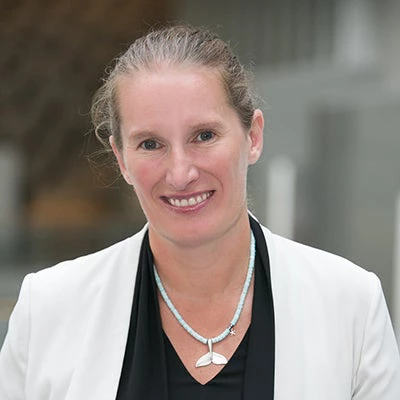 Saint Louis, Senegal. Children play with a kite on a fishermen's pirogue on the beach
Saint Louis, Senegal. Children play with a kite on a fishermen's pirogue on the beach
This past summer has been full of climate disasters and plummeting air quality. Here on the East Coast of the U.S., wind patterns brought smoke from Canadian wildfires southeast. At the time, the fires released 290 million tons of carbon into the atmosphere, thus doubling the previous annual record. New York City, one recipient of this smoke, had one the highest levels of air pollution of all big cities in the world, surpassing cities like New Delhi.
Although the impacts are becoming more striking, this is not a new phenomenon. In addition to New Delhi, South Asia alone is home to 9 of the world’s 10 cities with the worst air pollution, which causes an estimated 2 million early deaths across the region each year and incurs significant economic costs. Across Bangladesh, India, Nepal, and Pakistan, new research from the University of Chicago suggests that people are expected to lose about 5 years of life expectancy on average.
Globally, air pollution causes the premature deaths of more than 7 million people around the world each year, or more than the total number of people lost to COVID-19 since March 2020. On top of loss of life, it causes acute illness, life-long impairments, and disabilities. Air pollution impacts the productivity of workers, the learning potential of children, and the operating conditions for businesses. The economic damage amounts to 6.1% of global GDP, per year. Disproportionately, this burden often falls on the shoulders of young children, women, and the poorest sections of society.
Since we can’t have a world without poverty in a world with dirty air, there are three key considerations we can’t forget:
- Better data: It isn’t always obvious what is polluting the air; but answering that question is a fundamental step on the road to targeting action for real impact. Air quality is impacted by activities spanning various sectors, beyond only the combustion of fossil fuels by power plants, industries, and vehicles. In developing countries, additional sources like agriculture, waste burning, residential heating cooking, small commercial stoves, and dust from degraded landscapes play an important role. Better data will lay the foundations for more tailored interventions and faster impacts.
- Better, regional policies that transcend urban and rural divides: Air pollution travels long distances – crossing municipal, state, and national boundaries – and gets trapped in large “airsheds” that are shaped by climatology and geography. In many cities of South Asia, only one third of air pollution originates from within the city. In the Western Balkans, another air pollution “hot spot,” 30 to 40% of air pollution comes from neighboring countries. Countries need to come together to curb air pollution.
- Investment in nature- and climate-smart development: The triple environmental crises – climate change, biodiversity loss, and pollution – are not separate crises but intertwined. To save money and accelerate impact, we need to assess the synergies between solutions on these triple crises, as well as the potential tradeoffs.
The good news is that countries and cities are already taking action to make their neighborhoods livable.
At the World Bank, we have been supporting air pollution management across the globe for decades. For instance, in India, a World Bank program is supporting state and regional air quality management approaches, including the country’s first Airshed Action Plan for the Indo-Gangetic Plains, which includes Delhi. This regional airshed approach will ensure that targeted solutions across sectors achieve results beyond any one province or city. We are also supporting the National Knowledge Network in India to set up new a training program that builds skills of citizens to take on new jobs in air pollution management.
In Egypt, climate change has worsened natural dust in Greater Cairo, worsening breathing conditions for its denizens. The government is taking steps to address the interlinked nature, climate, and pollution crises through a Bank-supported project that will improve solid waste management, green public transport (including with e-buses) and raise awareness among citizens around measures to cope with air pollution.
Everyone has a role to play. Ending poverty on a livable planet demands more collective action on air pollution; action we, the World Bank, are ready, able, and willing to take.


Join the Conversation